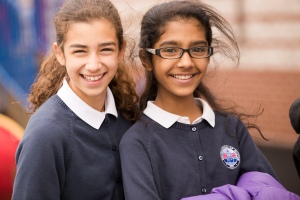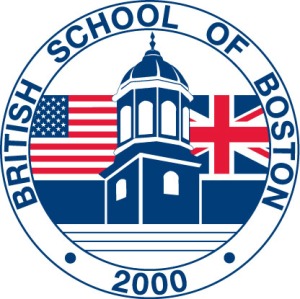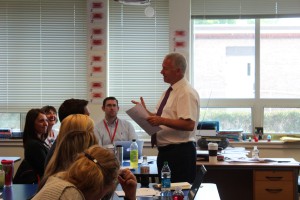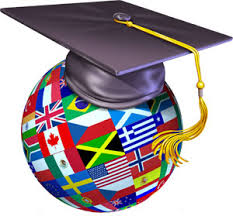What started as a day to honor 1,200 students from the University of Prague who died during World War II has since morphed into World Students Day, celebrated each year on July 17.
The rather obscure celebration honors and celebrates multiculturalism and diversity at schools and higher education institutions around the world- and that’s a celebration we can get on board with!
At the British School of Boston, our diversity is of the utmost importance. Our students represent more than 78 different heritages, and along with their families speak more than 25 languages.
But why is this diversity so important? A fantastic article from GreatSchools.org has shed a little light on just how beneficial diversity in schools is to young children and students.
According to the article, students who attend schools with a diverse population can develop an understanding of the perspectives of children from different backgrounds and learn to function in multicultural environments.
“There is a richness that comes from students working side by side with others who are not of the same cookie-cutter mold,” said Jean Snell, a clinical professor of teacher education at the University of Maryland, according to the article.
And preparing children to work with others of diverse backgrounds is only becoming more important. According to the GreatSchools.org article, the U.S. Census Bureau says that by the year 2100, the United States minority population will become the majority.
Today’s job markets also require workers to have a strong understanding of and respect for varied cultural and ethnic backgrounds. As technology improves and expands, and social media works to connect individuals across the globe, students will need to be prepared to collaborate successfully with colleagues from other countries, backgrounds and native languages.
So what can be done to ensure this preparation happens?
According to the article, how schools celebrate their diversity- by recognizing days like World Student Day or through in-school activities- has one of the biggest impacts on children.
The article suggests structuring classroom activities to include both sides to history and cultural lessons, and asking students to share their traditions, holidays and beliefs with their classmates.
At the British School of Boston, this is something we are passionate about. Our students learn about many holidays in their classrooms, inviting students and parents to teach others about their traditions.
Each year we take “heritage photos” of all our students, allowing them to share their cultural and ethnic backgrounds with others in the school community. These photos are proudly displayed in our lobby and are very important to our students.
Our alumni often say they feel better prepared for college because of their experience in our diverse school community, and that their network of friends across the world has helped them as they prepare to find careers.
What makes diversity so important to you? Share your thoughts on diversity in schools in the comment section below!
And happy World Students Day!






